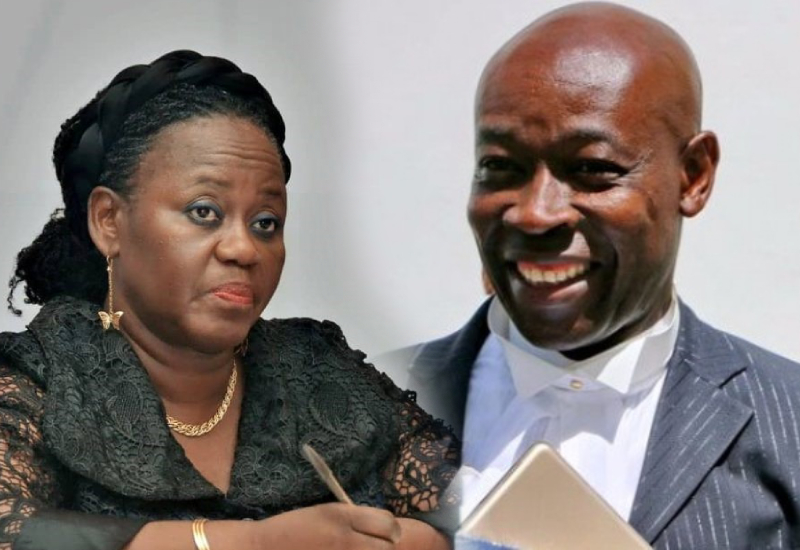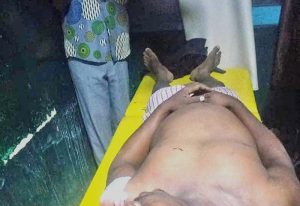By Godwin Owusu Frimpong
The suspension of Chief Justice Torkornoo has sent shockwaves through the legal and political landscape. While the specifics of the allegations remain largely undisclosed to the public, the Chief Justice’s recent statement defending herself has only amplified the controversy. Her claims of procedural irregularities and violations of her rights have been met with a stinging rebuke from lawyer Thaddeus Sory, whose pointed, almost prosecutorial response raises serious questions about the Chief Justice’s understanding of established legal principles.
Sory’s detailed counter-arguments, framed as a series of “She Said, We Say” points, directly challenge the Chief Justice’s assertions. He questions her understanding of Article 146 proceedings, the established practice of in camera hearings, and the Supreme Court’s jurisprudence related to the process. His most damning criticisms allege a lack of familiarity with basic legal principles, such as the right of a party not to testify and the inadmissibility of pleadings as evidence. The sheer volume and sharpness of Sory’s rebuttal create a perception that the Chief Justice’s defense is weak and based on a misinterpretation (or misunderstanding) of the law.
The government’s position, while not explicitly stated in the document, is implicitly aligned with the proceedings against the Chief Justice. The fact that the Article 146 process is underway suggests the executive branch deemed the initial petitions credible enough to warrant investigation. The choice of venue for the hearings – a “cordoned high security zone” – further underscores the gravity of the situation and the seriousness with which the government is treating the matter.
This situation presents a significant challenge to the integrity of Ghana’s judiciary. Regardless of the eventual outcome of the Article 146 proceedings, the public airing of such pointed criticisms against the Chief Justice erodes public trust in the judicial system. The questions raised about her legal acumen and her adherence to established procedures cast a shadow over her leadership and raise concerns about the impartiality and competence of the highest court in the land. It is imperative that the Article 146 committee conduct a thorough and transparent investigation to restore confidence in the judiciary and ensure that justice is served, regardless of the position or status of the individual involved. The future of Ghana’s democracy may depend on it.
Godwin Owusu Frimpong




